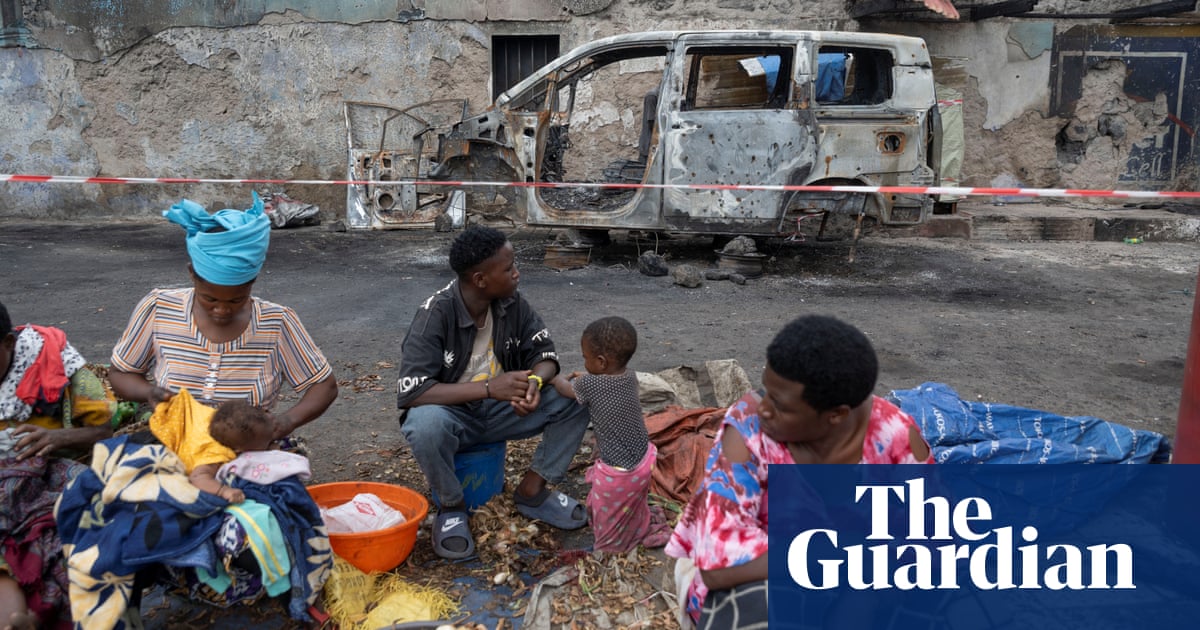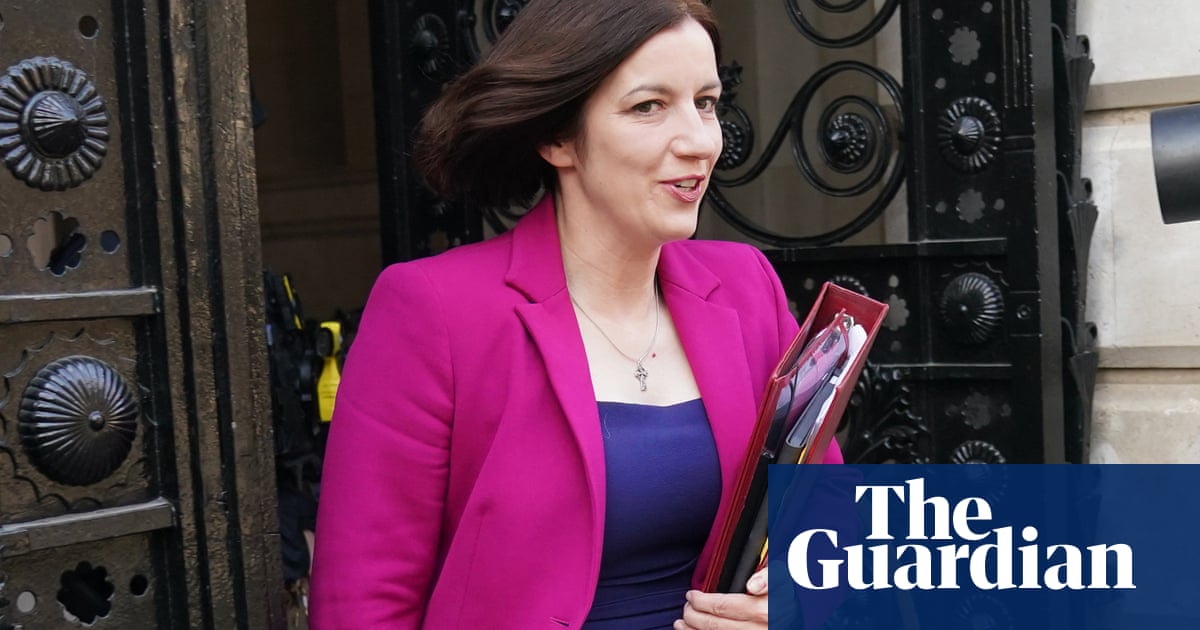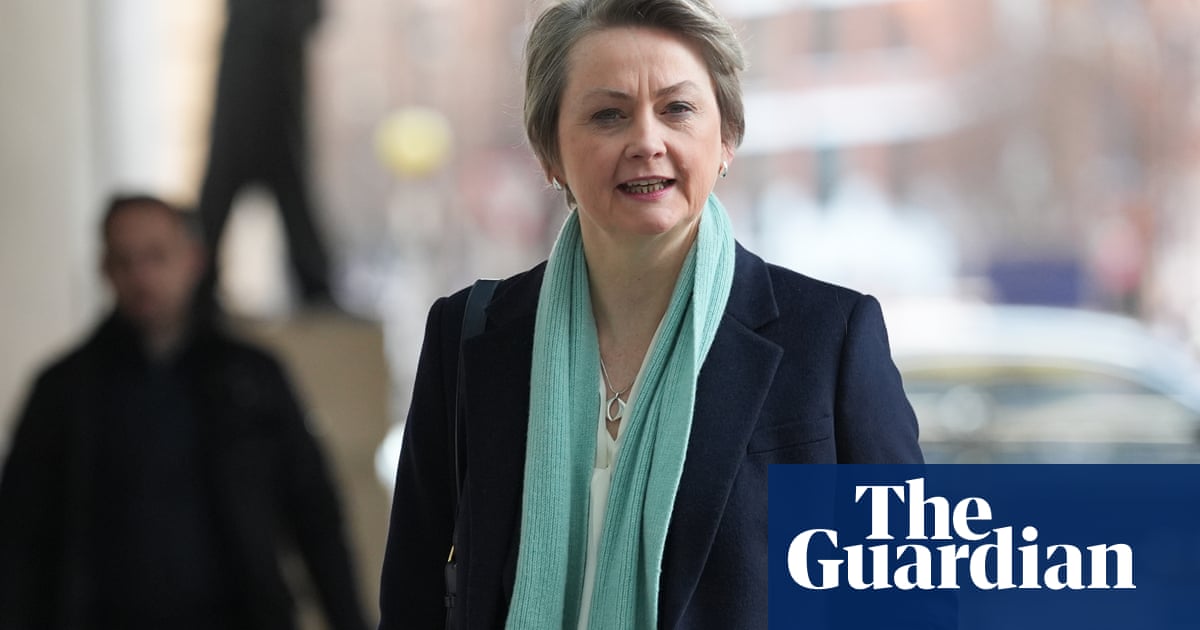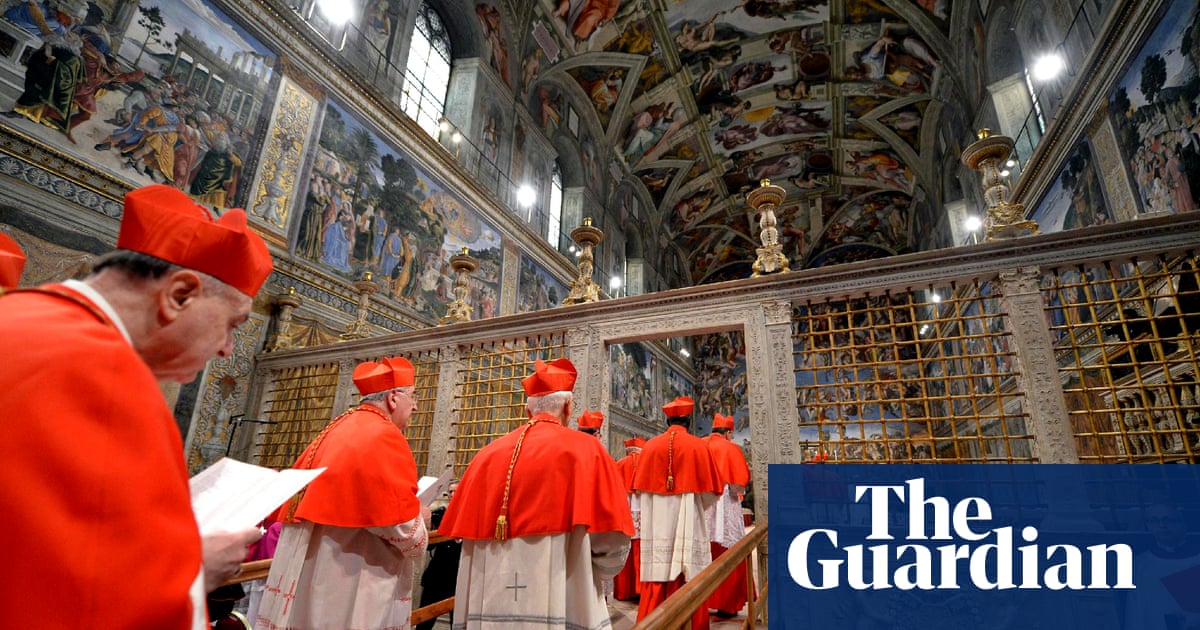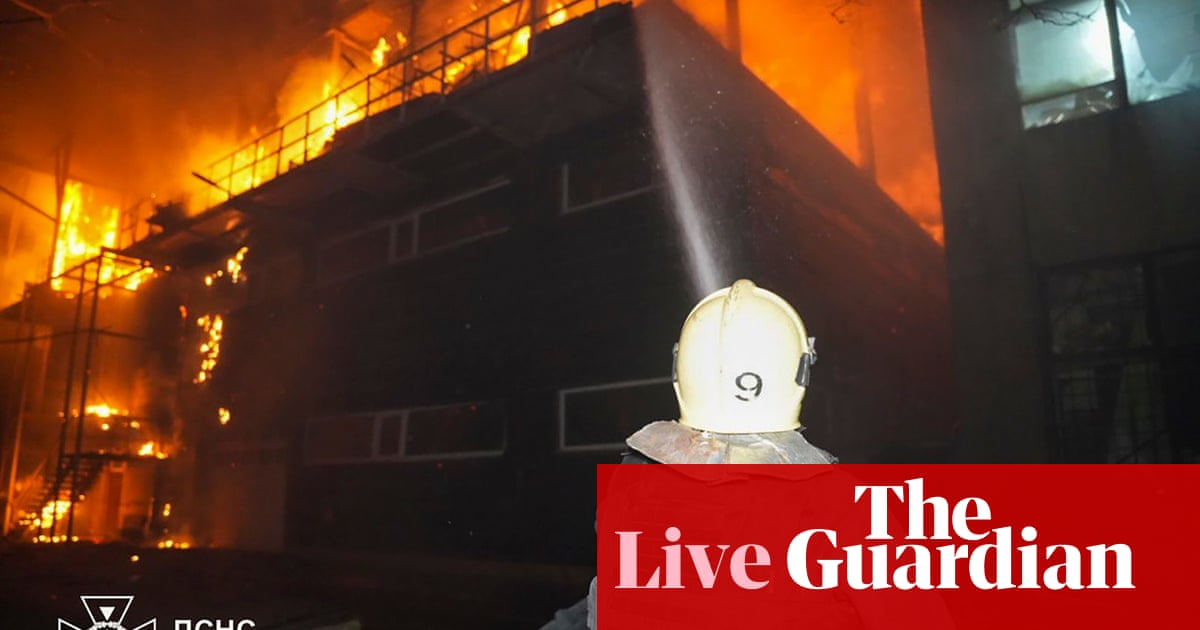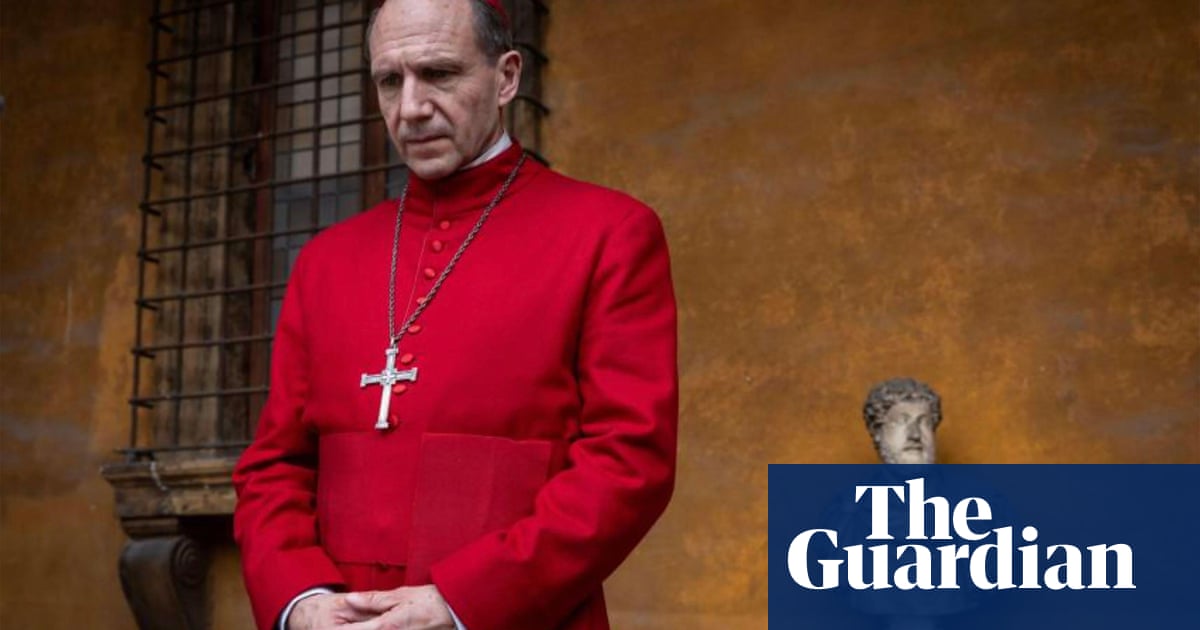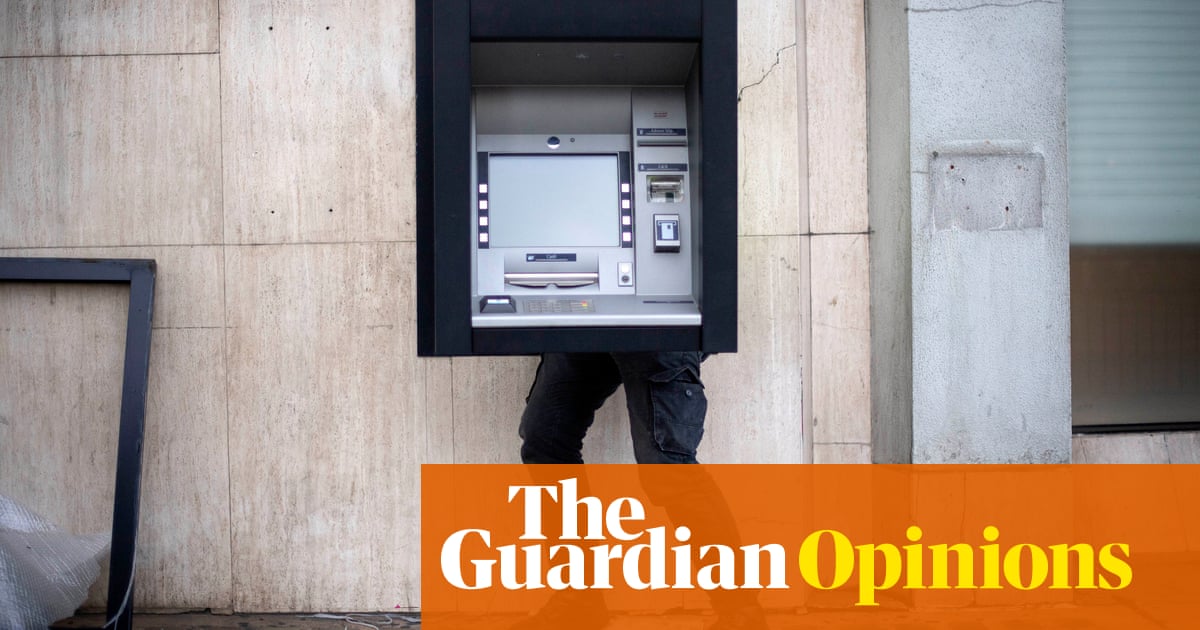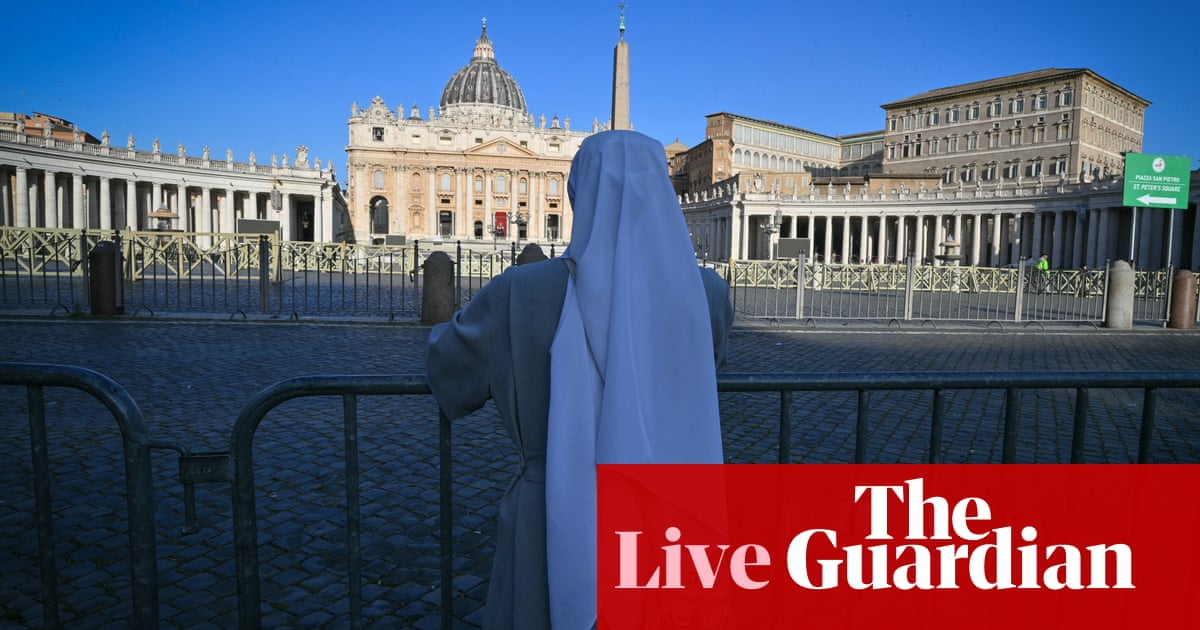The Met has been judged to be turning around its extensive failings and has been removed from special measures after more than two years under extra scrutiny.
The decision was announced by His Majesty’s Inspectorate of Constabulary, Fire and Rescue Services on Thursday.
The Met, Britain’s largest police force, employs almost a quarter of officers in England and Wales.
The news represents a symbolic success for its commissioner, Sir Mark Rowley, who took office in September 2022 and is halfway through his five-year term in charge, having promised to reform the force after a succession of scandals.
The Met was placed in special measures, known officially as Engage, in June 2022. It was the first time it had been officially judged to have fallen so low, and was seen as a humiliation.
Its former commissioner Cressida Dick was ousted in February 2022 after a series of crises and scandals, including the murder by Met police officer Wayne Couzens of Sarah Everard in March 2021. Dick was seen by national and local government to have mishandled the aftermath.
The Met’s time in Engage was extended because after some serious issues were addressed, inspectors found other critical failings.
One inspection found officers tried to put off children from making complaints about alleged sexual abuse and privately blamed young people for crimes suffered, with most investigations into child exploitation rated as inadequate.
The Met has now put an extra 500 officers into public protection and has trained most officers in changing culture.
The force has shown improvement after being found to be failing in answering and assessing calls, investigations into missing children, stamping out victim blaming, addressing mistakes in managing offenders, and tackling failings or corrupt officers.
Rowley’s tenure has been rocked by scandals, most of whose roots lay in the Met’s recent past.
As well as Couzens, who an inquiry found should never have been a police officer, the force missed a series of clues that allowed David Carrick to stay as a Met officer despite being a serial rapist.
In February 2023, a report by Louise Casey found the force to be institutionally racist, homophobic and anti-women. Rowley refused to accept those findings.
His majesty’s inspector of constabulary, Lee Freeman, said: “I am pleased with the good progress that the Metropolitan Police Service has made so far. While there is still a significant amount of work to do, I have recommended removing the service from our enhanced level of monitoring, known as Engage, and return it to routine monitoring.
“I am reassured by the plans that the commissioner has put in place to continue making sustainable improvements. We will continue to monitor the progress of the Metropolitan Police Service to make sure those living and working in the capital are getting the service they deserve from their force.”
The fact that the Met languished in special measures for more than two years was a sign of how deep its failings were, an embarrassment for the force, and for the mayor of London, Sadiq Khan, who has responsibility for the force.
Khan said: “I welcome His Majesty’s Inspectorate confirming that significant improvements are being made by the Met police on both improved performance and transforming culture.
“Emergency calls are now being answered faster, vetting is being strengthened and neighbourhood policing is being revitalised.
“Having asked the HMI to look in particular at concerns around child sexual exploitation, it’s reassuring that the Met police have made significant improvements in this area, including around missing children and victim blaming language. There’s still more to do.”
One senior source with knowledge of the process said of forces coming out of Engage: “It means they have gone from very shit, to shit.”
The inspectorate needed to be convinced the Met had a credible plan for changes that was likely to work.
The Met still cannot recruit enough officers, a crisis expected to worsen, and Rowley says the force is hundreds of millions of pounds short of what it needs.

.png) 2 months ago
25
2 months ago
25

